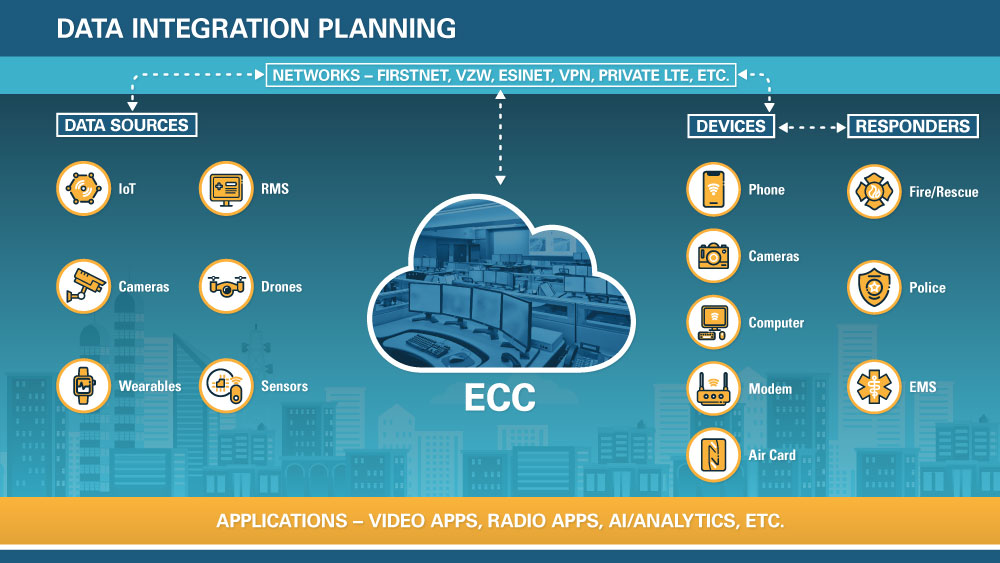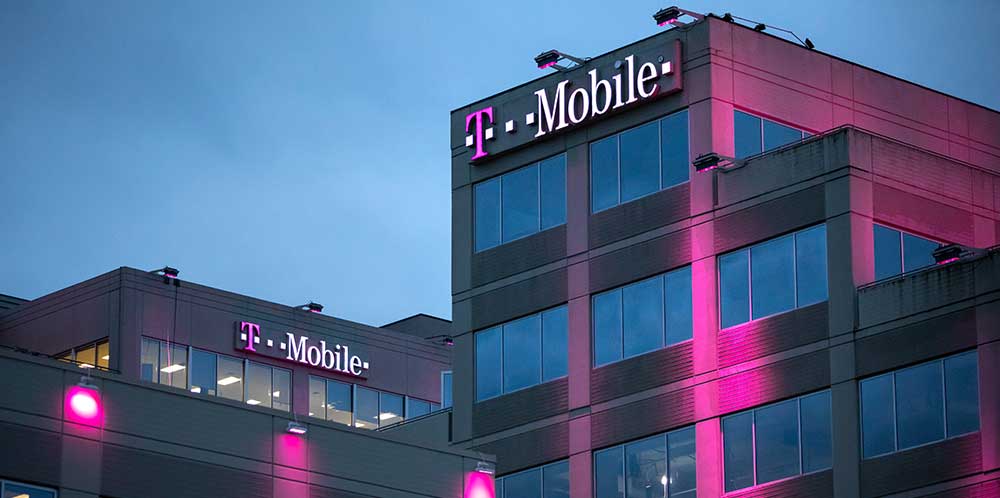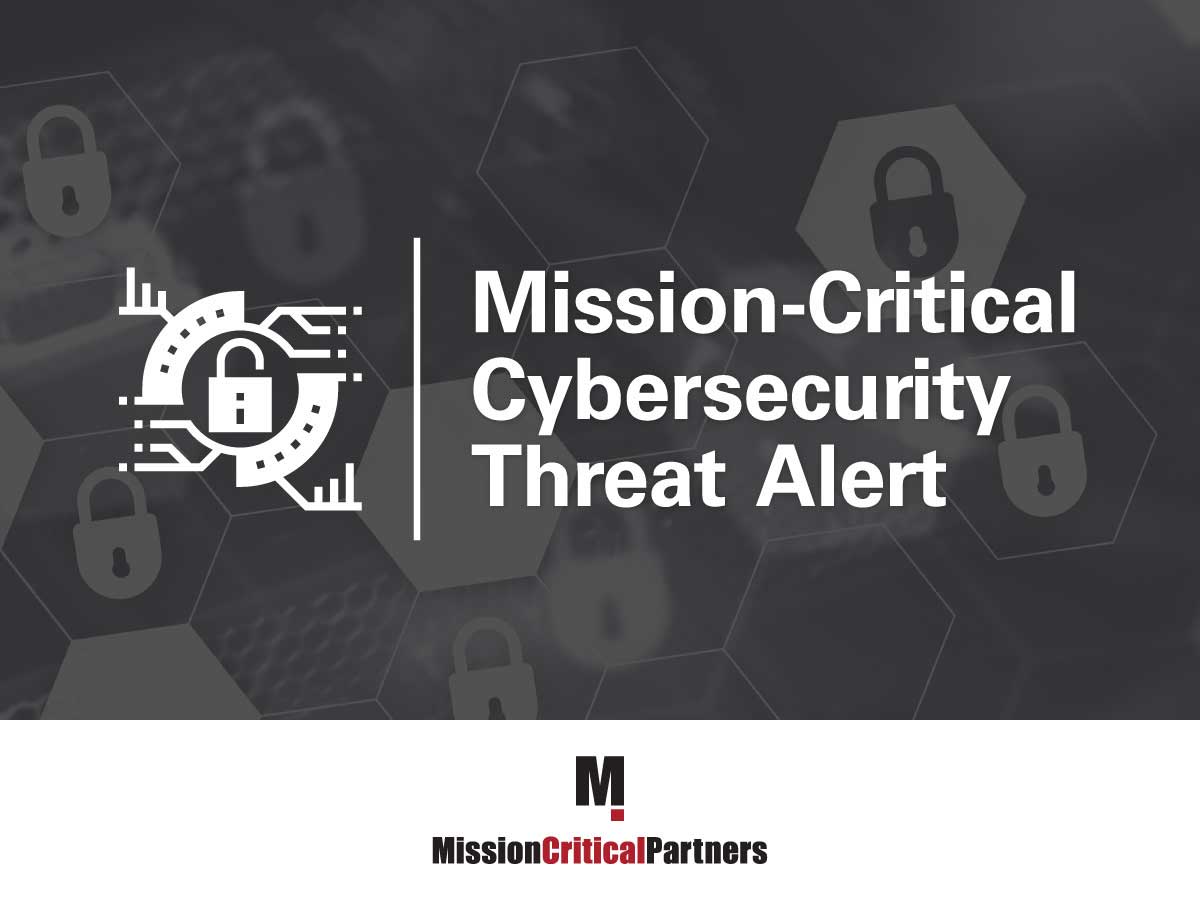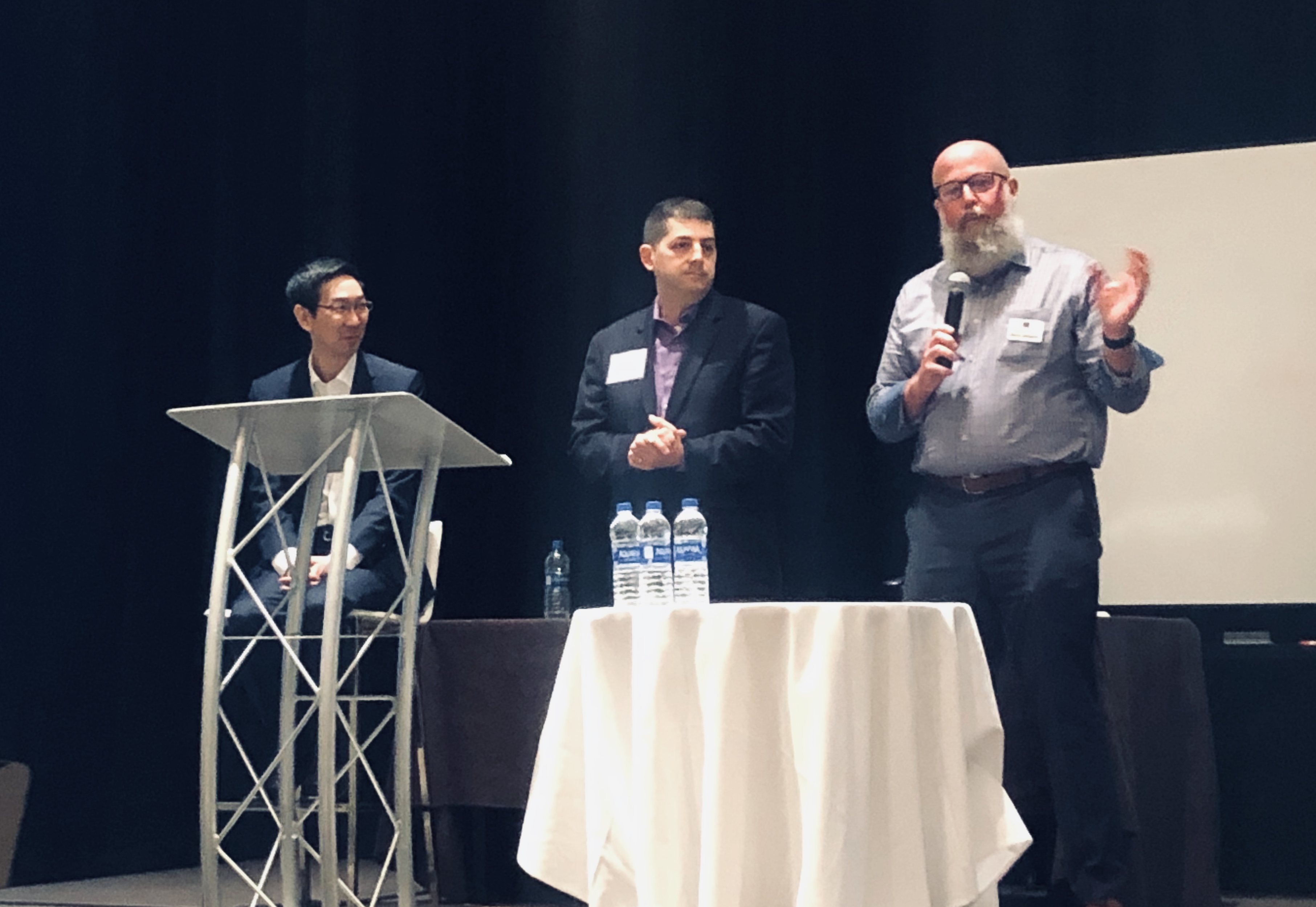More than ever, broadband communications networks are essential to the public safety and justice communities. Such networks easily transmit highly bandwidth-intensive files, e.g., video and building floor plans, that would choke a narrowband network. Such files enhance situational awareness for incident commanders and other officials—as well as emergency responders and jail/prison officers—by orders of magnitude, which in turn helps them do their jobs better.
But there’s a flip side to broadband communications networks of which the public safety community needs to take seriously. Such networks typically are owned and operated by commercial entities, and because of this public safety agencies that contract for broadband services typically do not receive the performance guarantees and—even more importantly—the visibility into these networks that they’re used to receiving from the networks that they own and operate, for example, their land mobile radio (LMR) systems.
Consequently, public safety agencies should proceed carefully when they consider whether to contract with any commercial entity for broadband services.











